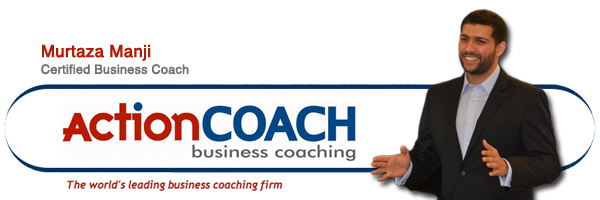20 MILES AN HOUR LIMIT
Imposition on 20 miles an hour speed limit in the Birmingham's residential, shopping, parks, health centre, hospital and leisure areas. This preposition will directly impact owners of small businesses whose activities involve regular transport and journeys within the city. Implementation is to take place on a phased basis, beginning with a pilot scheme broadly covering a third of the city, subdivided into four smaller areas. Reductions in damage and loss of life are clearly a worthy objective the speed limit is trying to achieve, but it is fair to ask whether the effects of the proposed limit on those Birmingham small businesses with daily in-city transport / journey requirements have been given any consideration whatsoever. It is also appropriate to ask whether drivers' attention should be focused on their speedometers or on the road ahead.
ON-LINE SCAMS IN BIRMINGHAM
Online scams in Birmingham are currently being perpetrated via telephone cons and fraudulent emails. One of the most common scams is that a cold caller suggests that the victim's computer has a serious virus that must be repaired immediately, and asks the owner to allow remote access to it. Another is that a phishing email typically purporting to be from the vicm's bank warns of 'suspicious activity' on an account, and asks the victim to follow a link to report it. Both of these scams create a risk of identity fraud and financial loss.
-More information about Birmingham Trading Standards is available at www.birmingham.gov.uk/ tradingstandards
-To report a scam, email: This email address is being protected from spambots. You need JavaScript enabled to view it.
-If you have lost money or information or your computer has been taken over by a phishing or malware attack, you can also report it to the UK's national fraud and internet crime reporting centre, Action Fraud, on 0300 123 2040.

